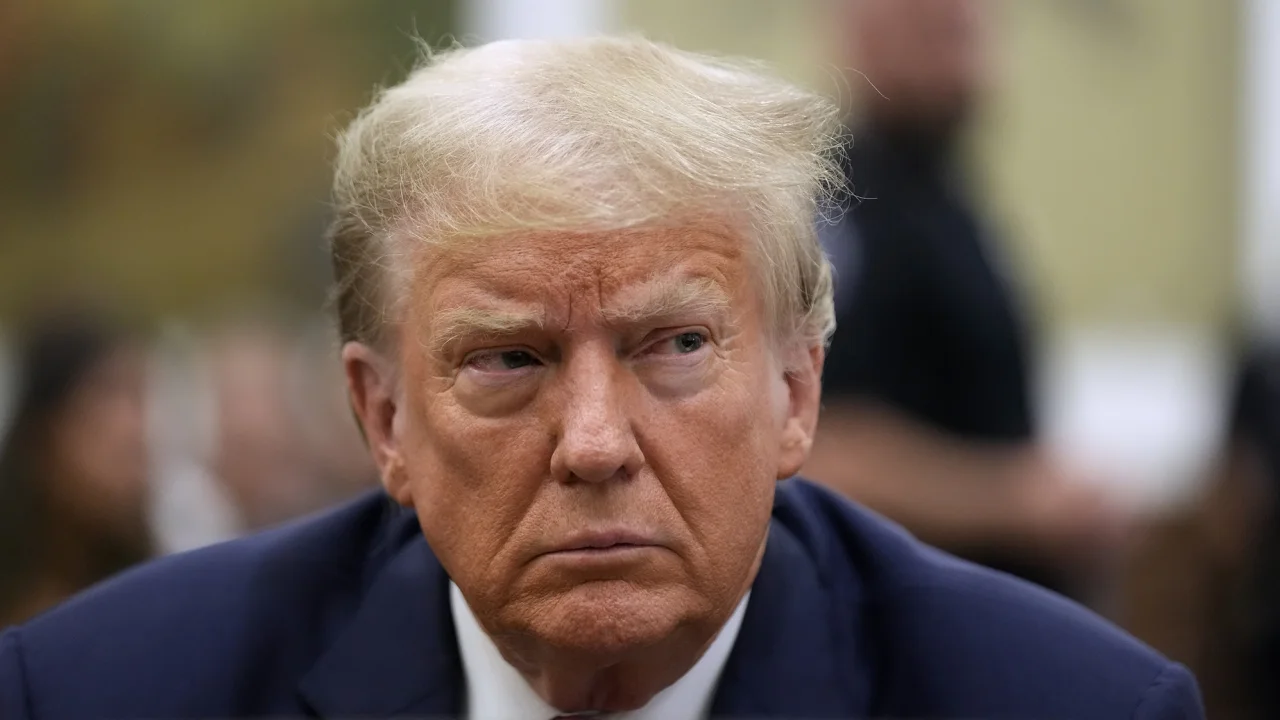Trump claims presidential immunity and that he was subsequently exonerated of criminal charges by the US Senate following his impeachment, therefore he has requested the federal judge supervising special counsel Jack Smith’s election meddling case to drop the charges.
The filing on Thursday might spark a legal battle that reaches the Supreme Court. The subject of whether or not a sitting president is exempt from criminal prosecution for his or her activities while in office is fresh and has not been addressed by the courts.
The indictment, handed down by a grand jury in August in Washington, DC, says that Trump conspired to stay in office unlawfully after he lost the 2020 election.
The instigators of the violence on January 6, 2021, at the US Capitol are being accused by prosecutors of being Trump and some of his lawyers and aides who attempted to implement a conspiracy to nominate a false slate of electors and spread misinformation about voting security.
Trump’s attorneys argued in a petition with US District Judge Tanya Chutkan that the charges should be dropped because Trump was acting in his official position as president while seeking to “ensure election integrity,” and is thus immune from prosecution as a result.
According to the document, “the current administration has charged President Trump for acts… at the heart of his official responsibilities as President,” which “breaks 234 years of precedent.”
His defenders claimed that the prosecution’s assertions that Trump had corrupt objectives stemmed from the fact that he “knew” that the numerous reports of fraud and voting irregularities were incorrect but nevertheless sought to address them anyway.
The President’s motives are not for the prosecution or this Court to decide, as is evident from the Constitution, the Supreme Court, and hundreds of years of history and tradition. Instead, the President is beyond the reach of the law wherever his activities fall within the scope of his office, as they do here.
Trump’s legal team also points to the Senate’s February 2021 ruling that exonerated the former president of inciting an insurrection on January 6, 2021.
President Trump was found not guilty of all allegations brought against him during his Senate trial and is therefore safe from further legal action. Trump’s attorneys claimed that “the Special Counsel cannot second-guess the judgement of the duly elected United States Senate.”
In addition, they stated, “Importantly, this recognition of absolute immunity, regardless of internal motivation, does not place the President ‘above the law,’ but rather simply clarifies that the remedy for alleged official misconduct lies, as the Constitution requires, with Congress through impeachment, and other informal means.”
That which surrounds the Presidency, its “perimeter”
Trump’s attorneys have also used some of the same legal arguments outlined in the brief to try to avoid responsibility for the January 6 attack on Democratic members of the House and Capitol Police officers who are suing him in a separate civil case.
In that case, which is currently before a court of appeals in Washington, DC, Trump is asserting that his actions surrounding the attack fit inside the “outer perimeter” of presidential duties and are therefore immune from legal action.
The US Supreme Court ruled in 1982 that presidents enjoy absolute immunity from legal damages stemming from their official activities as president, although it is still unclear under what circumstances presidential speech might be considered an official act.
Trump’s attorneys said in their submission on Thursday that the activity at the basis of Smith’s charge is protected by the precedent set in that case, Nixon v. Fitzgerald.
They wrote, “the law provides absolute immunity for acts within the ‘outer perimeter’ of [the President’s] official responsibility” so that “the President may serve unhesitatingly, without fear that his political opponents may one day prosecute him for decisions they dislike.”
Furthermore, they observed that “no court has addressed whether such Presidential immunity includes immunity from criminal prosecution for the President’s official act.”
It’s probable that Smith’s legal team will vigorously counter the claims made in Thursday’s filing.
A friend-of-the-court brief filed by the Justice Department earlier this year argued that a president can’t be absolutely immune for speech on a matter of public concern if the speech is found to have incited violence and urged the appeals court in the civil case against Trump to reject the arguments made by his attorneys in that matter.
Attorneys for the defendant argued that “no part of a president’s official responsibilities includes the incitement of imminent private violence.”
